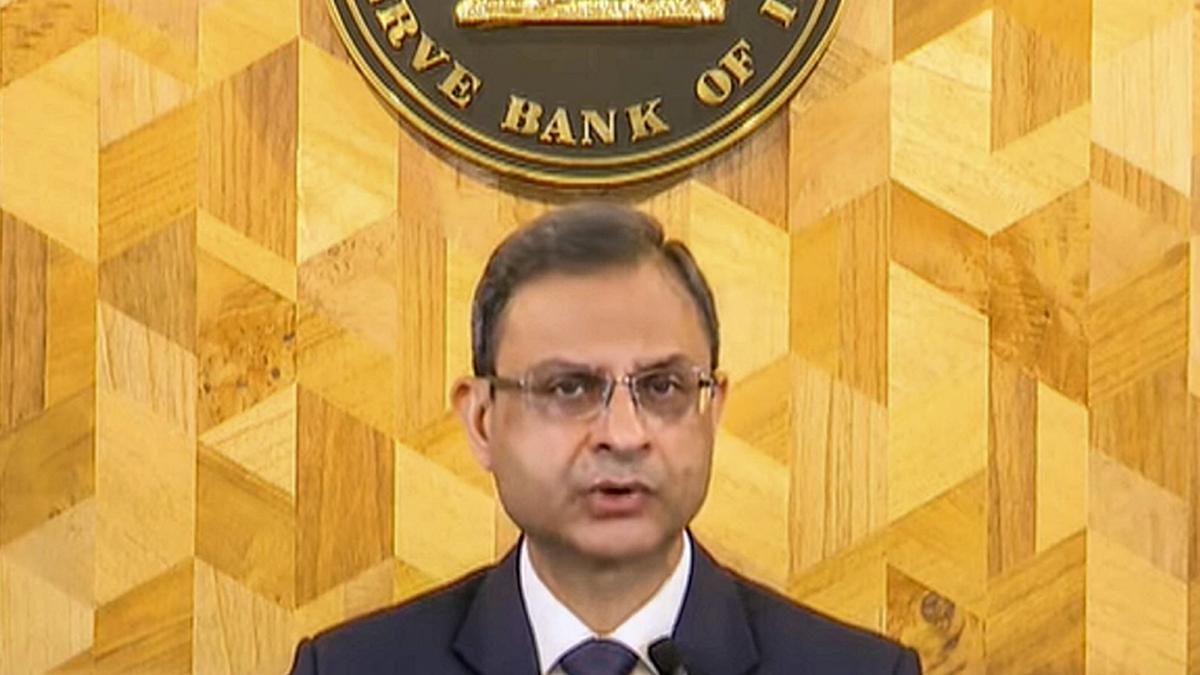Building on previous Commission analyses, we can estimate that delivering the deal’s objectives might entail additional annual investments to the order of €50 billion by 2030. And though this figure appears substantial, it might actually be quite conservative, as it doesn’t take into consideration the potential cost of escalating global trade tensions or the re-skilling programs necessary for workers during the transition.
The private sector is expected to deliver most of the investment needed, but the public sector will continue to play an important role in de-risking and helping to unleash private capital. And doing so will be arduous, as both EU and national policymakers are set to face growing constraints, like the end of the NextGenerationEU recovery package, the lack of a green carve-out in the bloc’s reformed fiscal framework, and increasing pressure to refocus public resources on defense.
That’s why the Clean Industrial Deal can’t come up empty handed on this. It can’t limit itself to general pledges on the future budget either — the new cycle won’t start until 2028, and it will already be an uphill battle to retain the current minimum share of climate-related spending. It needs be equipped with immediate financial firepower.
Next, with the Omnibus Simplification Package, we recommend examining whether or not “simplification” equates to dismantling green regulations.
Reopening the core text of important green regulations — things like the Corporate Sustainability Due Diligence Directive, the Corporate Sustainability Reporting Directive or the Taxonomy Regulation — would inevitably water down these provisions substantially. It would hit investors who promptly started adapting to the new regulatory framework, as well as third countries that already started following the EU’s lead. Essentially, it would compromise the long-term regulatory stability and policy credibility that’s key for private investors.
Therefore, it would be wiser for the Commission to focus on targeted actions at the technical level of these regulations instead — making the overall framework simpler, clearer and thus more effective.
This package might be domestic, but it will have international repercussions in terms of the credibility of Europe’s climate policy. Watering down these provisions would cause major reputational damage to the EU — and it would fuel global anti-climate policy impulses at a time when the bloc must lead global climate momentum to fill the gap left by Trump.







